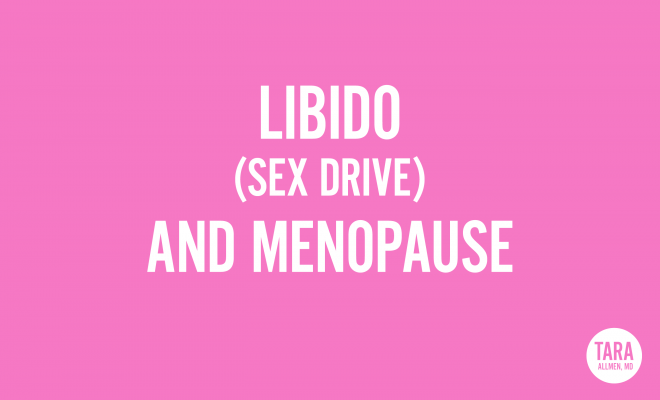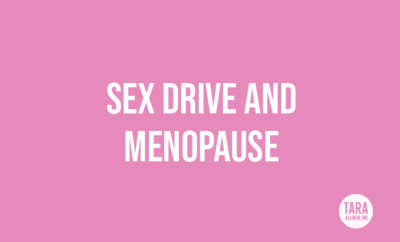
40s
Libido (Sex Drive) and Menopause
Libido – it’s a lusty word! And with good reason as it is, literally, the Latin for lust or desire. It’s usage is fairly modern, initiated by groundbreaking thinkers like Sigmund Freud and stirred by controversial studies like the Kinsey reports published in 1948 and 1953.
Sex drive decreases gradually with age in both men and women, but women are two to three times more likely to be affected by a decline in sex drive as they age. Decline in drive can be a result of physical changes in the body which are not caused solely by menopause. Most result from a mix of menopause and aging, while some are due to aging alone.
What changes about sex during menopause?
- Changes in hormone levels: This will be a common thread for changes you will experience during your perimenopausal And many of the symptoms which can be laid at the feet of the hormonal roller coaster – night sweats, mood swings, fatigue, insomnia, and irritability – can drain your energy and undermine your desire for sex.
- Loss of muscle tone: Normal aging is associated with a loss of both muscle and muscle tone. For menopausal women, particularly those who have had vaginal birth deliveries, reduced muscle tone in the pelvic musculature can interfere with comfortable and satisfying intercourse.
- Other body changes: Breast, skin and hair changes can also be anticipated due to a combination of age and hormones. These changes can take a toll on your personal body image and even your self-esteem.
- Changes in weight and fat distribution: Age and lifestyle – slowing of the metabolism and decrease in lean body mass – are the primary contributors here. There Is actually no scientific evidence that either menopause or hormone therapy are responsible for midlife weight gain. However, menopausal symptoms will affect your energy and motivation to eat healthily and exercise daily.
- Vaginal discomfort: Low levels of estrogen may cause the vaginal tissues to become dry, thin, delicate and irritated. Without vaginal sexual activity, the vagina will become shorter and narrower. If you don’t use it, you will lose it!
- Erectile dysfunction in men: Our partners are aging and have sexual function issues too.
- Illness, medical problems, medications: As we age, other medical conditions and medications can affect both the desire and ability to participate in sexual activity.
How can I boost my sex drive during menopause?
If you are among the 30-50% of perimenopausal and menopausal women that are experiencing one or more sexual problems, there are both non-prescription and medication options that can help. Midlife can be an opportunity for growth and transformation for women. According to the World Health Organization, sexual health is a “state of physical, emotional, mental and social well-being in relation to sexuality; it is not merely the absence of disease, dysfunction or infirmity.” A positive attitude is the best strategy to finding solutions for your specific issues.
What is holding you back?
Tara Allmen, MD Credentials:
– Board Certified Gynecologist and Nationally Certified Menopause Practitioner
– New York City’s Leading Expert In Menopause
– President, North American Menopause Society Foundation
– Fellow of the American College of Obstetrics and Gynecology
– New York City’s Top Gynecologist, 2015
– Five Star Rating From Doctor’s Choice Awards
– Five Star Rating From HealthGrades










You must be logged in to post a comment Login